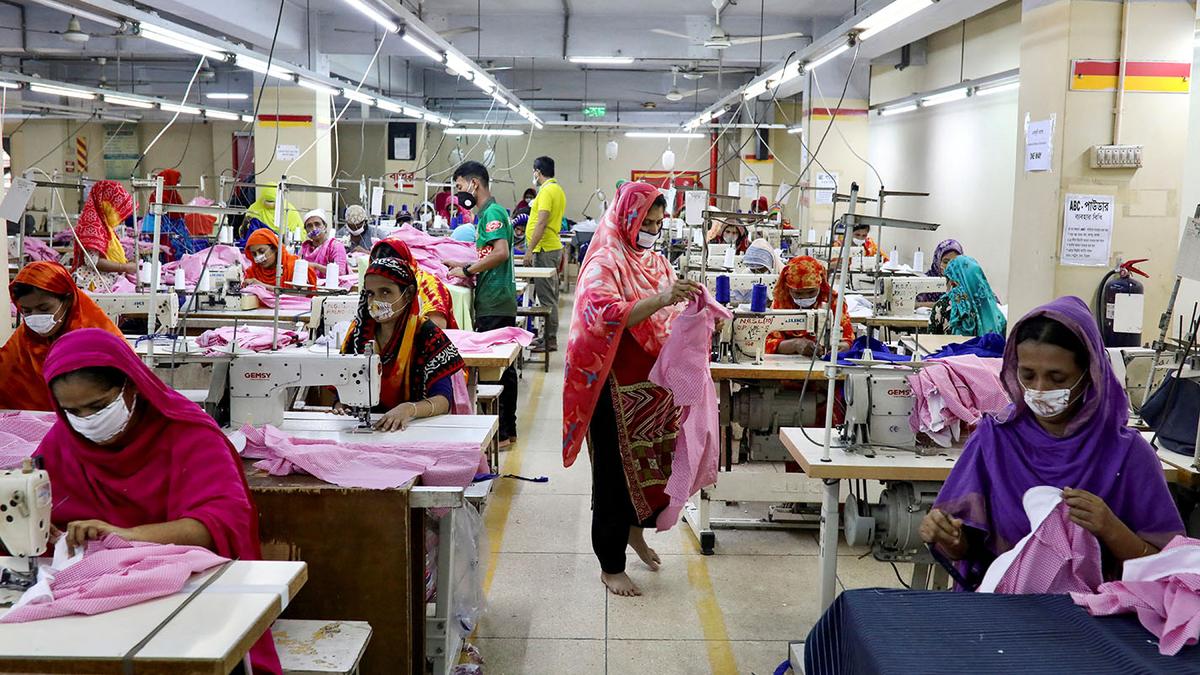
Fashion suppliers want brands to help with EU green regulations
The Hindu
Global fashion industry faces new green regulations, with low-income countries like Bangladesh expecting support from major brands.
As the global fashion industry braces for new green supply-chain regulations, clothing makers in low-income countries like Bangladesh expect major international brands to share the burden. The European Union’s Corporate Sustainability Due Diligence Directive (CSDDD), adopted in July, requires corporations to make their global value chains more sustainable.
The new rules on workers’ rights and emissions could transform the way clothing is made and sold, most significantly in the garment factories and textile mills across Asia that account for much of the sector’s pollution. Bangladesh, the world’s second-biggest clothing exporter after China, in particular needs assistance from major brands as it undergoes a political transition following mass protests sparked by a jobs crisis that ousted the previous government.
“While in Bangladesh we have prepared our mindset and ecosystem for the change, we will need support from our global buyers, as well as our government, to reach the green transition goals,” said Abdullah Hil Rakib, managing director at Team Group, a clothing supplier in Bangladesh that employs about 23,000 people. The CSDDD seeks to bring corporate practices in line with the Paris Agreement on climate goals. Major European brands must ensure their suppliers are conducting due diligence to protect workers and communities from the adverse effects of their operations or pay compensation for damages.
For the fashion industry, the onus will mostly fall on factories in places like Bangladesh, Pakistan and Cambodia to find and fill the gaps in safeguarding labour, human rights and the environment, experts said.
The new regulations may provide a chance for suppliers to push for ethical commercial practices and more favourable contracts from international brands, representatives from companies behind the study told the Thomson Reuters Foundation.
But manufacturers are still coming to grips with what measures they must take and how they will finance their portion of the estimated $1 trillion investment required for the fashion industry to transition to net-zero emissions in the coming decades.
Mr. Rakib estimated that suppliers will have to make additional investments of 20% to 30% to turn their factories green.













